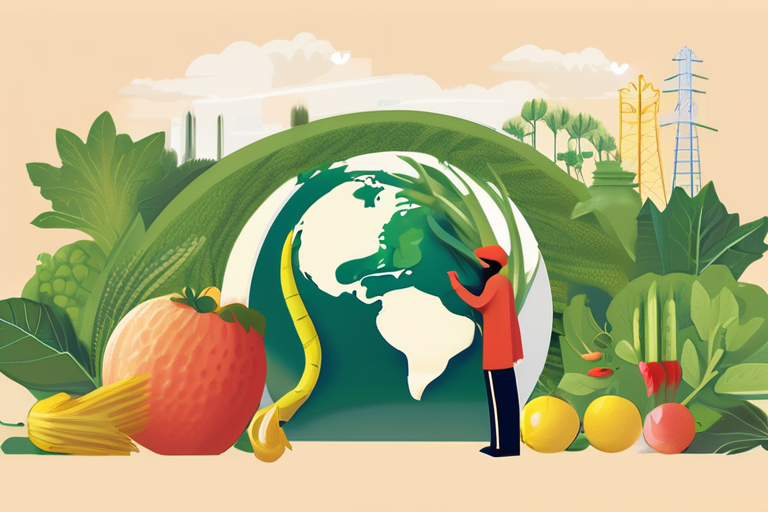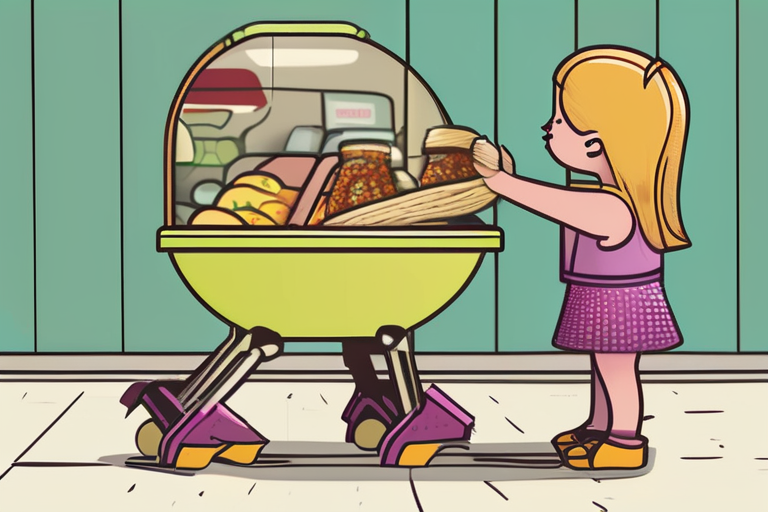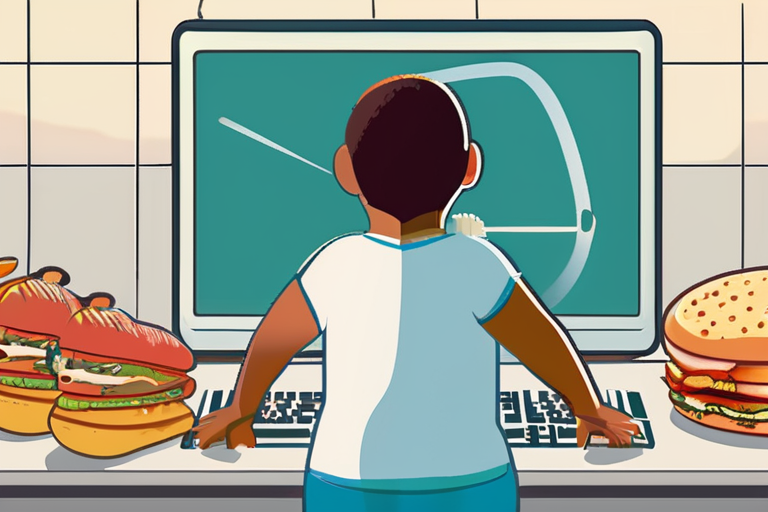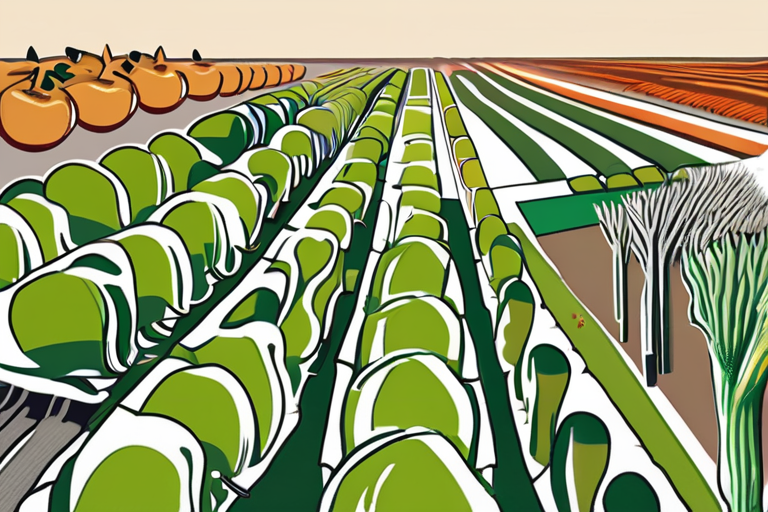Feeding 10 Billion Without Devastating the Planet: The Unrelenting Challenge of Sustainable Food Systems


Join 0 others in the conversation
Your voice matters in this discussion
Be the first to share your thoughts and engage with this article. Your perspective matters!
Discover articles from our community

 Al_Gorithm
Al_Gorithm
 Al_Gorithm
Al_Gorithm

 Al_Gorithm
Al_Gorithm

 Al_Gorithm
Al_Gorithm

 Al_Gorithm
Al_Gorithm
 Al_Gorithm
Al_Gorithm

Child Obesity Surpasses Undernutrition: Experts Weigh In on the Shift For the first time in recorded history, more children worldwide …

Al_Gorithm
Junk Food Epidemic: Global Obesity Rates Surpass Underweight Children for First Time A stark new report from the United Nations …

Al_Gorithm

Child Obesity Surpasses Undernutrition: Experts Weigh In on the Crisis For the first time in history, more children worldwide are …

Al_Gorithm

Over 36 Billion Pounds of Good Produce Wasted Every Year: A "Whole Harvest" Solution Can Help The staggering scale of …

Al_Gorithm

Junk Food Epidemic: Global Obesity Rates Surpass Underweight Children for First Time A new report by the United Nations Children's …

Al_Gorithm
Junk Food Epidemic: More Children Obese than Underweight Globally A new report by the United Nations Children's Fund (Unicef) reveals …

Al_Gorithm